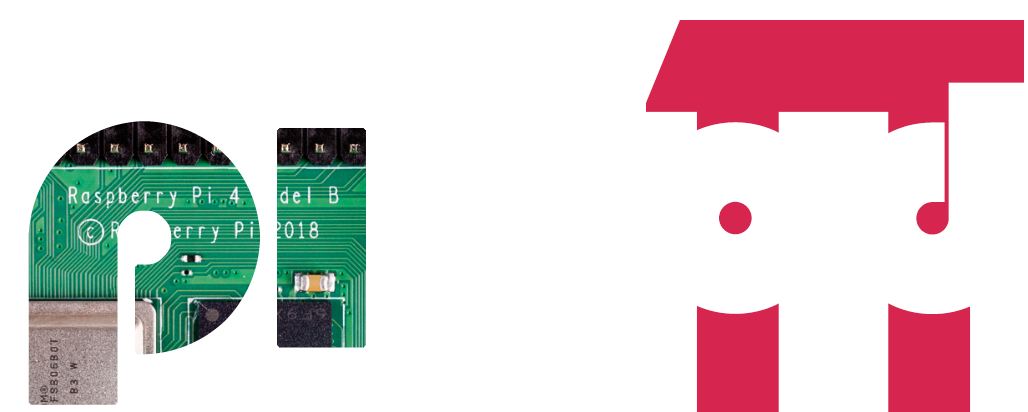
A beautifully-designed Raspberry Pi-themed calendar featuring the artwork of Sam Alder is now available from the Swag store, priced at £5.99 for a limited time (rising to £7.99 at some point, which is still a bargain). I grabbed a peek of it at The MagPi’s stand at Pi Wars and it just looks lovely. Head over to the Swag store to order.











